If you are interested in learning more about cost accounting in Microsoft Dynamics 365 for Supply Chain Management, contact us here to find out how we can help you grow your business. You can also email us at info@loganconsulting.com or call (312) 345-8817.
Improving Supply Chain Management in the Automotive Industry with Microsoft Dynamics 365 Finance Cost Accounting
Posted on: April 5, 2023 | By: Guy Logan | Microsoft Dynamics AX/365, Microsoft Dynamics Manufacturing
Supply chain management is a critical aspect of the automotive industry. Manufacturers need to manage their supply chains efficiently and effectively to ensure that their operations run smoothly and that they are able to deliver high-quality products to their customers on time. One key component of effective supply chain management is gaining visibility into the cost of goods sold (COGS) at each stage of the supply chain. This is where the cost accounting feature in Microsoft Dynamics 365 Finance comes in. In this blog post, we will explore how automotive companies can leverage the cost accounting feature in Microsoft Dynamics 365 Finance to gain visibility into their COGS and make informed decisions to improve the efficiency and profitability of their supply chain.

Why is Cost Accounting Important in Supply Chain Management?
Cost accounting is the process of tracking, recording, and analyzing the costs associated with producing goods or services. In the automotive industry, cost accounting is critical for effective supply chain management. By tracking the costs associated with each stage of the supply chain, automotive companies can identify areas of waste or inefficiency and make data-driven decisions to optimize their operations.
How Dynamics 365 Finance Cost Accounting Helps Automotive Companies
Dynamics 365 Finance offers a range of cost accounting features that can help automotive companies gain visibility into their COGS and make informed decisions to improve their supply chain management. Here are some of the key ways Dynamics 365 Finance can help:
- Tracking Raw Material Costs: Dynamics 365 Finance allows automotive companies to track the costs of raw materials at each stage of the supply chain. By accurately tracking these costs, companies can identify areas where they can negotiate better prices or find more cost-effective suppliers.
- Analyzing Production Costs: Dynamics 365 Finance also allows automotive companies to track the costs associated with producing goods. This includes labor costs, machine costs, and overhead costs. By analyzing these costs, companies can identify areas where they can improve efficiency or reduce waste.
- Understanding the Cost of Goods Sold (COGS): Dynamics 365 Finance allows automotive companies to calculate the COGS for each product. This provides a clear picture of the cost of producing each item, including the costs associated with raw materials, labor, and production overhead. By understanding the COGS, companies can identify areas where they can reduce costs or improve efficiencies.
- Identifying Cost Drivers: Dynamics 365 Finance allows automotive companies to identify the drivers of their costs. By analyzing the data in the system, companies can identify which factors are driving costs up and make data-driven decisions to address these issues.
Effective supply chain management is critical for the success of automotive companies. By leveraging the cost accounting feature in Dynamics 365 Finance, companies can gain visibility into their COGS and make informed decisions to improve the efficiency and profitability of their supply chain. Whether it’s tracking raw material costs, analyzing production costs, or understanding the COGS, Dynamics 365 Finance can help automotive companies identify areas of waste or inefficiency and make data-driven decisions to optimize their operations.
